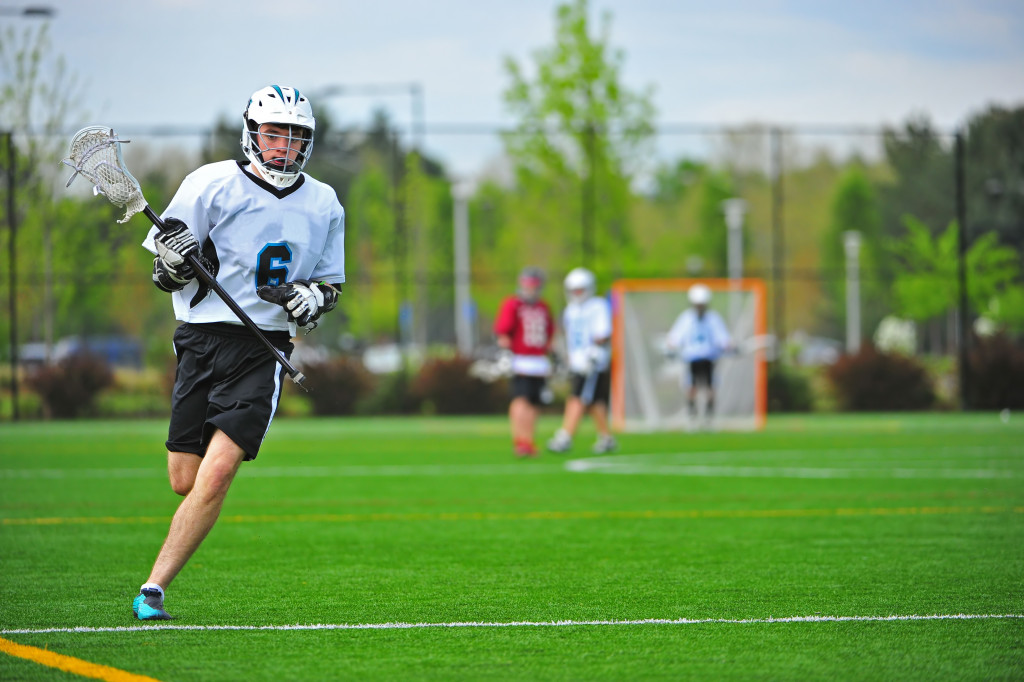The pandemic has brought the world to a stop, with the deadly COVID-19 virus sweeping across nations and decimating great portions of the population. With vaccines rolling out, we can look forward to a brighter future ahead, but until the virus has been eliminated, we can never be too complacent.
Among the many things that the pandemic has affected is sports, especially contact sports. Before the pandemic, people could literally have their spit flying on other people’s faces without worrying about catching anything beyond a common cold. We could use showers, gyms, and other public facilities freely. But now, playing sports is not something that can be done without proper safety protocols.
While playing sports with other people or in public sports facilities may be out of the question, for now, you can still keep up with your training safely. Here are some tips on how you can keep your passion for your sport alive in the new normal.
1. Invest in equipment
Renting out sports equipment or borrowing it from your friends is no longer a safe option in a pandemic. That said, it is high time to invest in your own equipment if you want to keep training. For example, if you used to rent hockey equipment at the local ice rink pre-pandemic, you’d need your own set of gear to be able to practice safely.
Moreover, you should also consider investing in equipment that can help you track your progress, such as Stalker radar guns if you play baseball or a goal net that can fit in your backyard if you play soccer.
2. Stay outdoors
As much as possible, practice in a wide outdoor space where you can maintain a good distance from other people. The best places to practice are an uncrowded park, your backyard (if possible), or an open field. This is especially important if you intend to play with other people so that you can spread out from each other. But as much as possible, avoid playing sports that require you to come in close contact with others, such as basketball, football, or soccer. Baseball, ultimate frisbee, and cricket may be safer options.
3. Practice another sport
If your main sport is something that requires close contact, such as basketball or football, you may want to put team practice on hold for now. You can still, however, train on your own, but, of course, there is only so much training you can do without another player.
That said, it’s a good idea to focus on a secondary sport that you can do alone in the meantime, such as swimming, dancing, kayaking, mountain biking, and so much more. Not only will this keep your body conditioned, but you may also find just as much enjoyment from a secondary sport as you do with your main one.

4. Beware of physical deconditioning
Physical deconditioning is what happens to your body when the intensity or duration of your training drops or disappears altogether. For many athletes, this type of physical phenomenon has been very common in the pandemic. When they can’t train with others, are stuck inside their homes, and don’t have access to proper training facilities, their physical condition tends to decrease. As a result, athletes experience decreased muscle mass, loss of strength, and lowered fitness levels, among many other physiological and mental effects.
To keep your body from deconditioning, it’s important that you continue training despite not having proper facilities or other people to practice with. Find routines that have almost the same intensities and durations as your pre-pandemic routines. For example, if you play soccer and don’t have a proper soccer field to practice in, doing sprint and dribbling exercises in an open field can be just as good.
Furthermore, be mindful of what you eat. Many of us tend to consume more than we need to when we’re stuck inside our homes, and you may be one of the many people that are guilty of excessive snacking due to boredom. However, this can contribute to physical deconditioning because the excess calories can increase fat, which puts even more stress on your body.
5. Don’t sweat it
We’re in a pandemic; it’s okay if you can’t or don’t want to practice. Find other ways to stay fit until it’s safe to play again. After all, your number one priority right now should be to stay safe from the virus.
The pandemic has taken a lot from athletes in the past year, particularly the ability to practice freely. If you are one of the many that are struggling with training in the new normal, these tips can help you establish a new routine that is both safe and effective.
